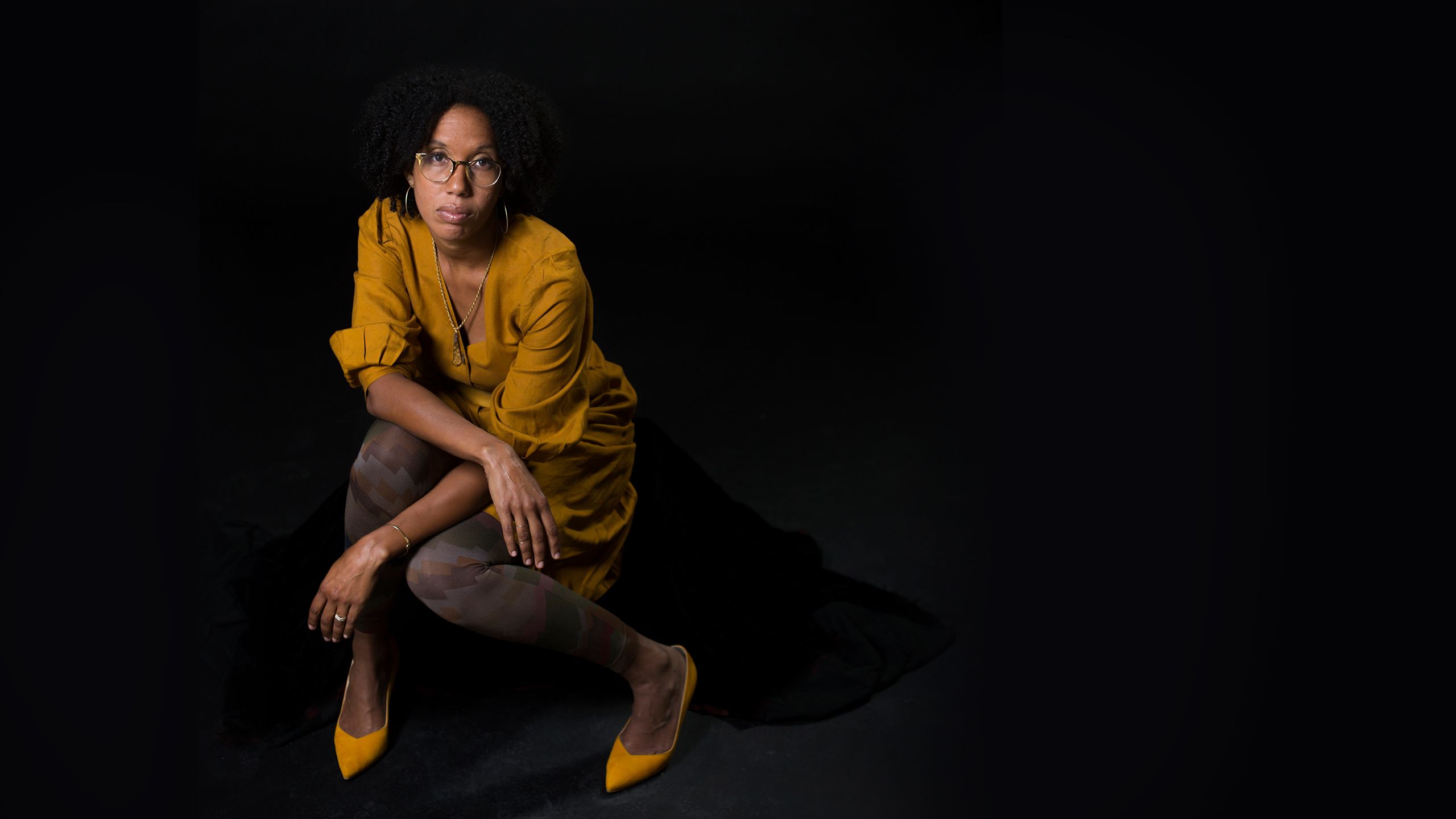TIPHANIE YANIQUE
Good Neighbors

WEEKS BEFORE COVID-19 ERUPTED, my nine-year-old son was upset because he did not want to take out the garbage. He is afraid of bees, which are sometimes in the back yard. I had checked and there were no bees, but still he would not be calmed. I coaxed him into the yard anyway and went back inside to his siblings.
He stood on the back porch and yelled as loud as he could, as if he really was being attacked by bees. He had worked himself into a tizzy, like that woman in Central Park we all saw work herself up after someone had called her out on breaking the park rules—worked herself up into the belief that a Black man was attacking her. We all watched that video and understood how a white woman’s fear, even her contrived fear, can be enough to kill a Black man.
After my son’s tantrum about the bees, it was some minutes before quiet descended on the yard. I heard the front door open and I smiled, proud of my boy for calming himself down. But it was not just my son walking in the door. It was my son and a police officer. A neighbor had called the police on us. Neighbors. “A number of calls,” said the officer. “Oh, sweetheart,” I said to my son.
In these days before COVID-19, my neighbors were not yet the white people who would rally alongside me and my children in Decatur Square. They were not yet the neighbors who would wake up in the middle of the night to stream down the street alongside the Black teenagers who alerted us on social media to Confederate monuments being torn down. Back in that before time, when white people could still, inexplicable as this was to me, claim innocence, I made a quick, racist calculation of my own.
The officer in my home was a Black woman, about my age. I calculated she must be a mother, as I know very few Black women my own age who are not mothers. I calculated that if I showed no fear then she would keep her gun in her holster, and her handcuffs on her belt. And so she and I talked. She listened to my son and asked him questions. She called the station to say that our house was in order (what if it hadn’t been?). She said that the boy was not locked out because he himself had let her in (but what if he hadn’t? What if he had run when he saw her?).
Then she helped my son to take out the garbage because, I suppose, there was nothing else to do. Later I will pray out loud, thankful that I moved the kids to Atlanta, Georgia, from Westchester, New York, to a Black city where it seems as possible as anything else that in a white neighborhood the beat officer sent to check on a screaming child might be a Black mother.”
(Excerpted from an essay that originally appeared in the UK-based Times Literary Supplement.)
TIPHANIE YANIQUE
Associate Professor of English and Creative Writing
At Emory College of Arts and Sciences, Yanique teaches creative writing with a focus on environment and character development. Her novel Monster in the Middle is forthcoming in 2021.

WANT TO KNOW MORE?
Please visit Emory Magazine, Emory University and Emory News Center.

